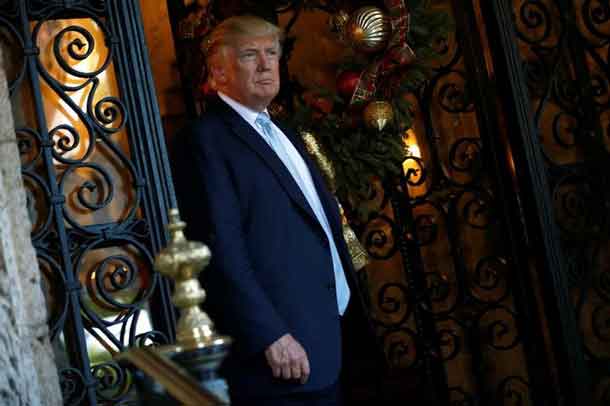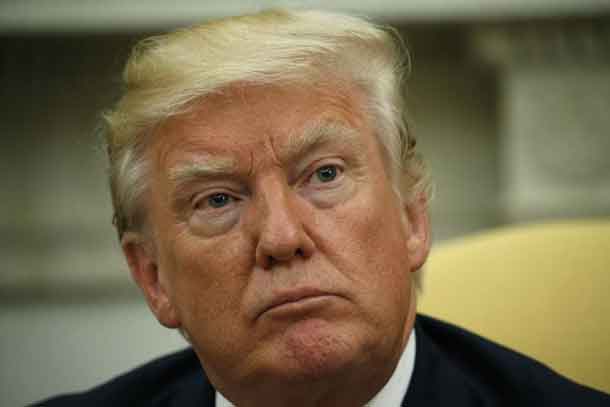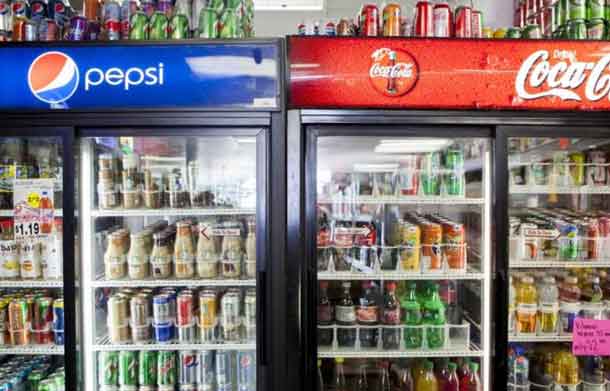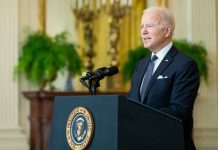Investigation reveals $7.8 million in payments from 20 countries, sparking emoluments clause debate
WASHINGTON – POLITICS – A new report released by the Congressional Oversight Committee revealed that during Donald Trump’s presidency, his businesses amassed at least $7.8 million from foreign governments and officials from 20 different countries. The nations prominently mentioned in the report include China, Saudi Arabia, and Qatar.
The report scrutinizes the nature of these payments, and the preliminary results point to a potential violation of the Constitution’s foreign emoluments clause.
What is the Emoluments Clause?
The United States Constitution’s foreign emoluments clause, also known as the Title of Nobility Clause, is found in Article I, Section 9, Clause 8. It serves as a safeguard against undue foreign influence and corruption in the U.S. government. The clause states:
“No Title of Nobility shall be granted by the United States: And no Person holding any Office of Profit or Trust under them, shall, without the Consent of the Congress, accept of any present, Emolument, Office, or Title, of any kind whatever, from any King, Prince, or foreign State.”
This clause, a fundamental part of the U.S. Constitution, prohibits federal officials, including the president, from accepting any monetary benefits or gifts from foreign entities without Congressional approval.
Were Trump Businesses Benefiting During the Presidency of Donald J. Trump?
The release of this report rekindles a debate that was at the forefront during Trump’s tenure in the White House. Democrats, who had control of the House during part of Trump’s presidency, had fiercely debated and sought access to Trump’s financial records to investigate this matter further. However, the issue never reached a conclusive verdict in the Supreme Court, which, in 2021, declared the cases moot as Trump was no longer in office.
As the 2024 presidential race heats up, Trump, currently the front-runner for the Republican presidential nomination, is facing increased scrutiny over these revelations as well as the charges that the former president faces over the January 6th invasion of the United States Capital.
These findings could potentially influence his campaign, especially considering recent polls that show him leading against President Biden in key battleground states.
GOP Putting Partisan Politics Ahead of the Law?
The investigation into these alleged emoluments clause violations was halted in 2023 when Republicans, led by House Oversight Committee Chairman James Comer (R-Ky.), took control of the House.
While the focus on Trump’s alleged emoluments clause violations has dwindled, Comer has shifted the committee’s attention to investigating President Biden’s involvement with his son’s foreign business dealings. Despite the absence of direct evidence linking Biden to benefiting from these dealings, Republicans have launched an impeachment inquiry against him.
Comer also dismissed the enforcement of a court-ordered agreement that required Mazars USA, Trump’s former accounting firm, to disclose financial records related to Trump’s dealings.
The documents, partially produced before Comer’s chairmanship, revealed that foreign governments made substantial payments to three Trump properties located in New York, Washington, and Las Vegas. The investigation also identified significant expenditures at a fourth Trump property, Trump Tower on Fifth Avenue in New York.
“These financial engagements,” the report states, “occurred while these governments were actively engaging with the Trump Administration and even with President Trump himself, pushing for policies that would benefit their national interests.”
Highlighting specific instances, the report indicates that China, through the Industrial and Commercial Bank of China (ICBC), a tenant in Trump Tower, made the most substantial payments totalling $5.5 million. Notably, during Trump’s first year as president, the ICBC and other Chinese banks came under scrutiny for their financial ties to North Korea. Despite calls for stringent action against these banks, the Trump administration refrained from taking formal measures.
Responding to these findings, a spokesperson for the Trump Organization emphasized that ICBC’s lease in Trump Tower predated Trump’s presidency and highlighted Trump’s imposition of tariffs on Chinese imports. The spokesperson also mentioned that the Trump Organization had no control over third-party bookings and had donated profits from foreign government patronage at Trump properties to the U.S. Treasury.
Furthermore, the documents suggest that the Trump Organization, and Trump International Hotel in D.C. might have continued to seek business in China even after Trump assumed office, contradicting his earlier commitment to avoid new foreign deals during his presidency.
Other notable expenditures include payments from Saudi Arabia, Qatar, and Kuwait, with Saudi Arabia spending at least $615,422 and Qatar $465,744 at Trump properties.
The report, stressing the unprecedented nature of these alleged violations, urges Congress to adopt measures to prevent such occurrences in the future. Recommendations include mandatory disclosure of foreign emoluments by senior officials and a clear procedure for presidents to seek Congressional authorization for receiving and retaining such emoluments.
The revelations in this report open a new chapter in the ongoing political saga surrounding Donald Trump and his business dealings, raising critical questions about the intersections of private business and public office, and the implications for American democracy and its upcoming elections.







